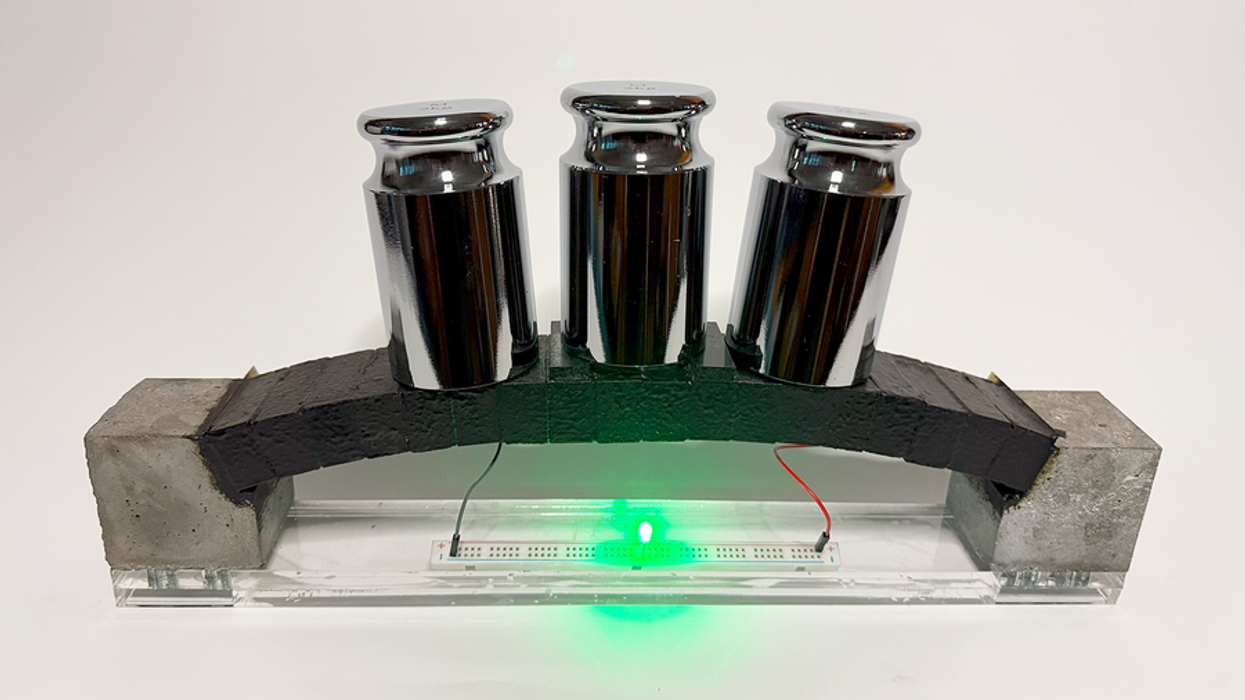If you’d like to be superhuman, a lot of people might have a problem with that. On the other hand, they might not have enough of a problem with it to stop you.
That’s the basic contour of one of humanity’s next big political issues—one that’ll ripen especially fast in the US, where Silicon Valley visionaries are hard at work trying to slow the aging process and get under our biological hood to hotwire improved abilities before our golden years set in.
So far, public opinion around human augmentation—even at its most preventive—appears to be right where we’d expect it in these polarized times: split down the middle. In a new Pew survey, for instance, “about 50% of respondents would not want gene-editing techniques used on their own baby to reduce his or her risk of developing serious diseases,” while “48% would want the innovation for their baby, and about 2% didn't know.”
And the further afield from basic health and safety bio-hacking gets, the more reluctant people seem to embrace it. “When it came to the idea of improving cognitive abilities with brain chips, about 66% of respondents would not want an implanted device to boost their brain power, 32% would, and again 2% didn't know.”
One thing pollsters don’t know yet, however, is where our national freakout threshold might be for the inevitable moment when some people drop enough money to take advantage of the science. Will we, X-Men style, agitate for laws designed to stop “mutants?” Or will we accept the new reality as akin to the one we live in now, where a wealthy few enjoy superyachts while the rest of us made do with plain old yachts?
Maybe a little of both. Just as long as those brain implants don’t make us worship our new superhuman neighbors as gods.















 Otis knew before they did.
Otis knew before they did.